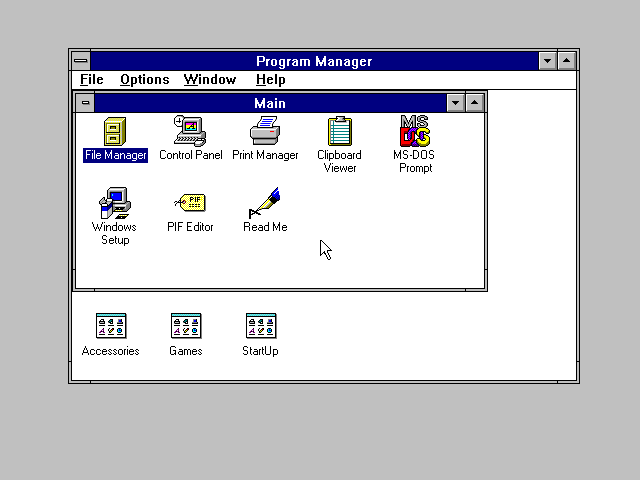I've never been an Apple fanboy. Sure I kinda liked my Shuffle and I really like my Nano for allowing me to take video podcasts on the go. I do covet the iPod Touch and will probably pick one up within the next couple of weeks. And seeing that it mildly bothers me that iPhones are going to be sold at Walmart, I can only imagine what the Mac fanboys (and girls) must be thinking. Their world of brick-designed polished aluminum and stylized high end merchandise is going to be hocked under the "Have a Nice Day" octogenarian greeters of the uberdiscount leviathan.
Quite simply, Apple has made their continued mark on not only being ahead of the curve in terms of product design, but also on a "cool" factor that created a perceived higher class of gadget and computer buyers. Apple had a group of dedicated apostles willing to pay twice as much for hardware and the same price for music... even while it was held ransom through DRM!
The marriage of the "Holy Grail" product of the "i" prefix with the bargain basement of the "mart" suffix will drive Apple to common highway instead of the toll roads. The first time the acolytes of the Cult of Jobs see an iPhone on sale for 144.44 with the "Always" placard next to it, their hearts will die a little inside.
It's not that I don't understand the marketing angle and the potential cash to be made, but will I ever be able to take the Mac/PC ads in the same vein again? When I think of Justin Long now, will I envision Warren Cheswick in a blue apron making minimum wage?
Okay, look... I know that other Apple products have been available at Walmart for years and the shine hasn't come off the devotees. But along with the Walmart news comes the rumor that iTunes is going DRM-free. After years in the clouds, Apple is coming down to earth. What remains to be seen is if Apple can catch the even larger market of people who would never pay a premium for gadgets. Let's face it, consumers can get cell phones these days for next to nothing and pay as they go. Will bringing the iPhone into suburbia convince the $47.77, no contract buyer to spend $200 with a three year commitment? I'm guessing this is what Apple is banking on.
Maybe the "elite" market is getting tapped out in this economy. Maybe the days of techies paying $3000 for a Macbook that parallels the processing abilities of a $1000 PC laptop. I don't believe Apple is hurting by any means, but I do think they are hedging their bets. My only remaining question is do they have another landmark product on the horizon. We've been seeing a regular pattern over the last few years of Apple rolling out new models of devices that basically do the same thing - kind of like the auto industry... though I don't think an iBailout's in the works.
Is there a future for another portable media device/phone in Apple's future, or is it just model tweaks for the next five years? I have no doubt there is something up the sleeves of the development teams in Cupertino, but the last time there was something completely unknown that was rumored as different and "groundbreaking" Michael Kamen's was pimping It/Ginger - ultimately the Segway. And while the Segway was cool, it certainly wasn't the revolutionary product it was cracked up to be.
The proprietary has met the ordinary. The MOMA has met the dormroom poster sale. The Ferrari's available at Budget Rent-a-car. The "i" has met the "mart"... and the late adopters will carry their new AT&T contract in a plastic basket with a package of Twizzlers, a sweater made in China, and an impulse-buy horoscope scroll.













